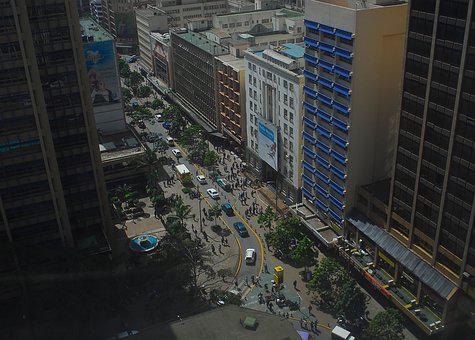Despite talk of an overcrowded market and funding retreat, fintech is proving its mettle in the African markets, serving as a lever to financial inclusion and increasingly bringing innovative solutions to market that are uniquely designed for the heterogeneity of the African population.
AFRICA FINTECH TODAY
This commentary is based on a report compiled by Lantern Comitas and Miranda Partners who are leading Strategic Communication Advisors for Emerging Markets in Africa and Latin America.
Lantern Comitas, (https://www.lanterncomitas.com/) a communications firm headed by Aidan Hartley and specialising in strategic support for clients in Africa and other continents, is keen to talk to EAA members about their PR needs. If you would like to be on their mailing list for interesting updates, please contact him on ah@lanterncomitas.com .
Financial exclusion rates and population boom accelerate African fintech
Despite talk of an overcrowded market and funding retreat, fintech is proving its mettle in the African markets, serving as a lever to financial inclusion and increasingly bringing innovative solutions to market that are uniquely designed for the heterogeneity of the African population.
Capital providers are buoyed by predictions of steady population growth and opportunities to reach unbanked, undeserved segments.
According to recent data, 71% of adults in developing economies had a bank account at a bank or regulated institution, with the associated expense, a lack of knowledge and geographical isolation having been flagged as key inhibitors to financial inclusivity. In Sub-Saharan Africa, around 62% of unbanked adults in the region are rural dwellers, while 31% consider distance a barrier to entering the formal banking system.
Meanwhile, the African population is expected to double to 2.5 billion by 2050, with much of this growth in urban centres, presenting a growing market for fintech innovation.
While financial inclusion rates on the continent are low, there is steady improvement. The World Bank outlined in its Global Findex Database report for 2021 that the share of adults making or receiving digital payments in developing economies grew from 35% in 2014 to 57% in 2021, adding that mobile money has become an important enabler of financial inclusion in Sub-Saharan Africa.
For the full article, please click on the link below:
